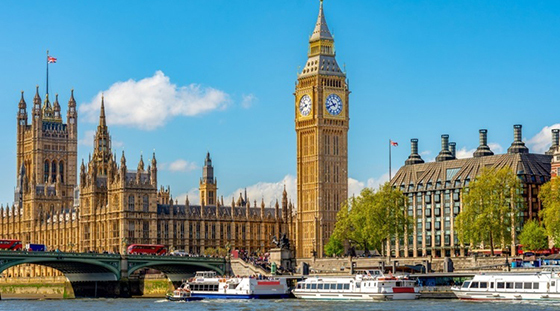Wake-up call: Are you confident your suppliers are not linked to child labour?
Large companies may be obliged to publish assurances that their suppliers are above the law, say Paul Henty and Rory Ashmore
The problem You read in an online newsfeed that there are concerns about the use of forced and child labour in farms and fishing areas you think some of your suppliers may have links to. You then see a reference to the Modern Slavery Act 2015 and are concerned in case your business is in breach and may receive some bad press.
The law
Section 54 of the act also requires certain businesses (those with a global turnover exceeding £36m and a UK presence) to disclose on the homepage of their UK-facing website the steps the organisation has taken (if any) to combat slavery and human trafficking in the previous financial year.
Expert advice Statements must be published on an annual basis and no later than six months from the relevant financial year end. Failure to comply could not only lead to your organisation losing contracts (especially with the public sector) but also cause significant reputational damage to your brands and even lead to being sued by the Home Office.
To-do checklist First and foremost, you need to check whether (and, if so, when) your organisation is required to publish a statement. If youâve missed a deadline you will need to correct this as soon as possible. Either way, a new publication deadline will always be approaching annually, so a clear anti-slavery policy is essential.
If you are required to publish, consider whether your policies and procedures conform to best practice in terms of assessing and identifying slavery and trafficking risk. Seek expert advice on how to go about the task â" as indicated above, publishing a statement referring to little or no action being taken is likely to give rise to adverse publicity and customer or investor relations, which will ultimately hit your bottom line.
Crucially, a statement should at least set out how your organisation checks its supply chain members and assesses the extent to which suppliers could be exposed to slavery or trafficking risk. Part of this will require them to investigate their own suppliers and labour recruitment sources.
Read up on the known slavery risks in the sectors where your organisation operates. These include, for example, the appalling human rights abuses committed in the Thai fishing sector, where child labour practices have been known, as well as coerced labour aboard fishing vessels. Underpinning an audit with a solid knowledge of recognised problem areas will lead to more effective verification systems.
You should state that you will follow up any risky suppliers and demand they sever links to potentially problematic regions and meet standards of best practice. You should state that you are prepared to terminate your relationship if they do not address your concerns.
Make sure your contracts enforce the message. Consider having a slavery policy and obliging suppliers to comply with it. Negotiate a right to walk away if serious problems arise.
If links to any high-risk areas are revealed, it may be advisable to consult a public relations advisor to address the possibility of negative press coverage.
Beware Issuing no statement at all, if you are caught, carries the threat of government court action compelling you to do so. A statement not showing at least a reasonably robust audit and risk assessment could attract adverse publicity and, if there are links to malpractice in your supply chain, serious damage to your reputation, both ethically and commercially.
A further bill currently before Parliament proposes to widen the publication obligation under section 54 to annual reports and accounts, and make non-publication punishable by debarment from contracts and concessions let by public bodies.
Contacts Paul Henty is a partner and Rory Ashmore is an associate at Charles Russell Speechlys LLP
















